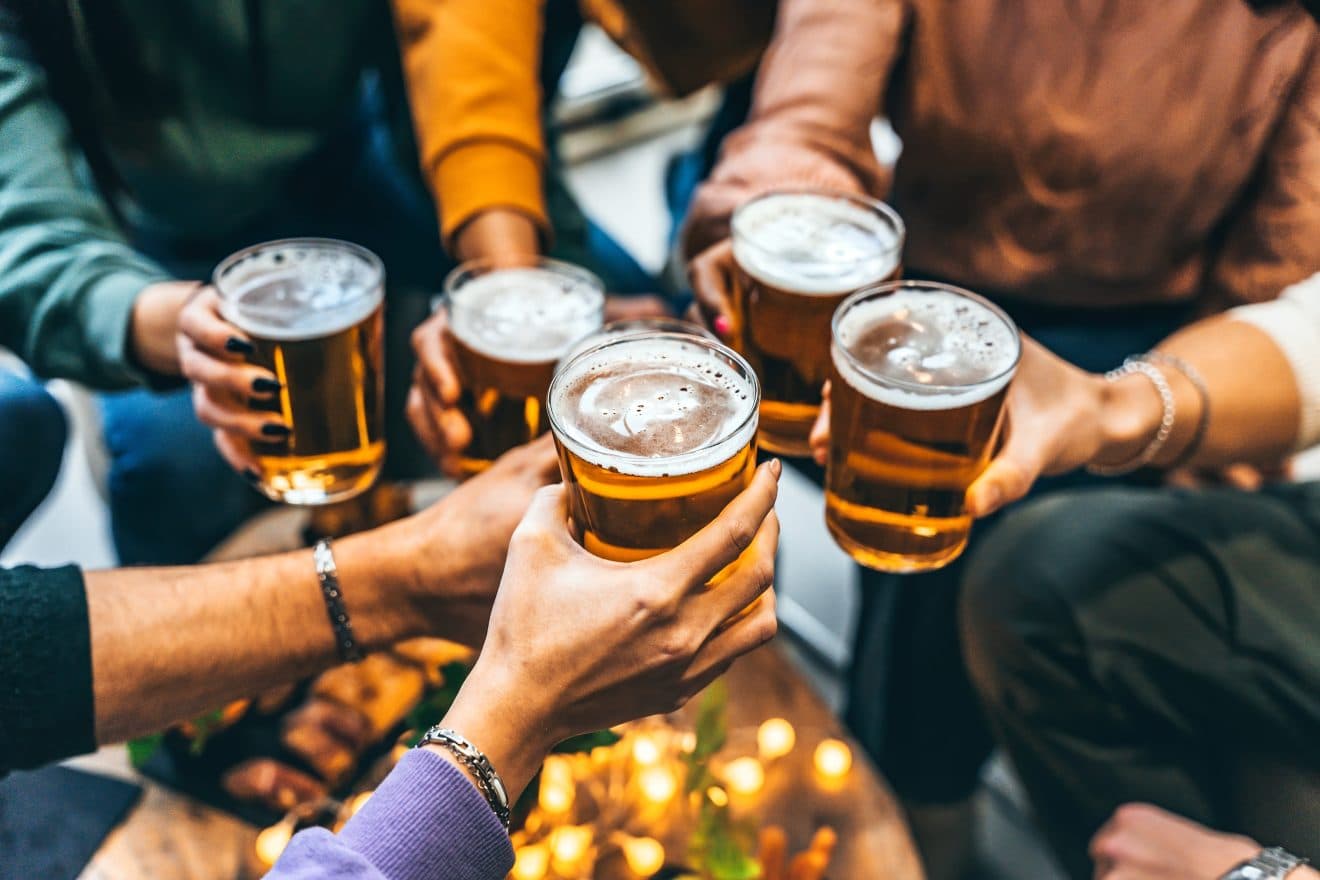We're loading the full news article for you. This includes the article content, images, author information, and related articles.
New national policy raises drinking age to 21 and bans alcohol vending/deliveries.

Nairobi | July 30, 2025
In a decisive move aimed at curbing alcohol abuse and protecting the country’s youth, the Kenyan government has unveiled a comprehensive National Policy on Alcohol, Drugs and Substance Use (2025) that introduces some of the strictest regulations on alcohol consumption and distribution in recent memory.
Spearheaded by the National Authority for the Campaign Against Alcohol and Drug Abuse (NACADA) and approved by Cabinet, the policy raises the legal drinking age from 18 to 21, bans vending machines and online delivery of alcohol, and imposes strict zoning and advertising restrictions. The sweeping reforms mark a significant turning point in Kenya’s public health strategy and set the tone for how alcohol will be regulated going forward.
Alcohol abuse remains a significant public health concern in Kenya. A 2024 NACADA report revealed that nearly 35% of youth between the ages of 15 and 24 had consumed alcohol in the past year, many acquiring it through informal channels, digital platforms, or poorly regulated vendors. With rising cases of alcohol-related deaths, violence, and addiction — particularly among minors — policymakers say the time for half-measures is over.
“Kenya has turned a corner,” said NACADA CEO Anthony Omerikwa during the launch. “We can no longer allow unregulated access to alcohol to continue harming our youth, families, and economy. This policy is about protecting public health, upholding responsibility, and reclaiming community safety.”
For the first time, Kenya aligns its drinking age with international best practices. The policy bars individuals under 21 from purchasing, consuming, handling, or selling alcohol. NACADA hopes this measure will narrow access among students and minors — a group that has long been vulnerable to peer pressure and aggressive alcohol marketing.
To stem the tide of alcohol sold through digital loopholes, the policy outlaws all online sales, including alcohol vending machines, third-party apps, and home deliveries. The government notes that such services had made it alarmingly easy for underage users to bypass ID checks.
“Tech should not be a backdoor to harm,” said Omerikwa. “We’re shutting down these silent enablers of underage drinking.”
New zoning laws require a minimum 300-meter buffer between alcohol outlets and sensitive areas such as:
Schools
Religious institutions
Homes
Playgrounds
Bus parks
Hospitals
Toy stores
Existing outlets operating in violation will face phased relocation or closure. This measure aims to minimize early exposure and normalize sober environments in public and family spaces.
The policy takes bold steps to curb what it calls the “glamorization” of alcohol. New rules include:
Banning alcohol advertisements during children’s TV programming and public holidays
Prohibiting the use of celebrities or influencers under the age of 25
Restricting ad placement between 5:00 a.m. and 10:00 p.m.
Outlawing lifestyle marketing strategies that associate alcohol with success, sexuality, or youth culture
The message is clear: alcohol is not to be sold through aspiration, but caution.
Under the new framework:
All alcohol packaging must include health warnings, clear ingredient lists, and no less than 250ml in volume
Happy hours, bottomless drinks, and promo bundles are outlawed
Alcohol distributors may only operate between 6:00 a.m. and 6:00 p.m., using licensed and branded vehicles
Civil servants and public officers are barred from owning alcohol businesses — even through proxies
While the policy has drawn praise from health experts and community leaders, it has also sparked pushback from the alcohol industry.
“This policy risks hurting formal businesses and promoting unregulated, illicit brews,” said a statement from the Alcohol Beverages Association of Kenya (ABAK). “We urge the government to consider phased implementation and consultation with stakeholders.”
Youth advocacy groups, however, have welcomed the move.
“We’ve lost too many classmates to addiction and suicide. This is long overdue,” said Sheila Moraa, a campus-based peer educator in Nairobi.
Although the policy is now active, its true test lies in county-level implementation and parliamentary support. NACADA has called for urgent legislation to enshrine the policy’s provisions in law, giving it the legal muscle to withstand court challenges and rogue operators.
Counties, meanwhile, have been instructed to audit alcohol licenses and revise zoning regulations in line with the new standards. Already, Nairobi, Murang’a, and Kisii counties have expressed readiness to comply, with others expected to follow.
Kenya’s alcohol policy reform is not just about regulating a substance; it’s about protecting future generations, reclaiming public spaces, and drawing a line between commerce and conscience. In many ways, it’s a moral reset.
“This isn’t prohibition,” said Omerikwa. “It’s about balance. You can drink — but not near schools, not in secret, not irresponsibly, and certainly not at 17.”
If fully implemented, the National Alcohol Policy could become a model for other African nations grappling with similar public health challenges. For Kenya, it marks a brave — and necessary — step forward.
Tags: #NACADA #KenyaAlcoholPolicy #PublicHealth #YouthProtection #KenyaNews2025 #AlcoholReform
Keep the conversation in one place—threads here stay linked to the story and in the forums.
Other hot threads
E-sports and Gaming Community in Kenya
Active 8 months ago
The Role of Technology in Modern Agriculture (AgriTech)
Active 8 months ago
Popular Recreational Activities Across Counties
Active 8 months ago
Investing in Youth Sports Development Programs
Active 8 months ago